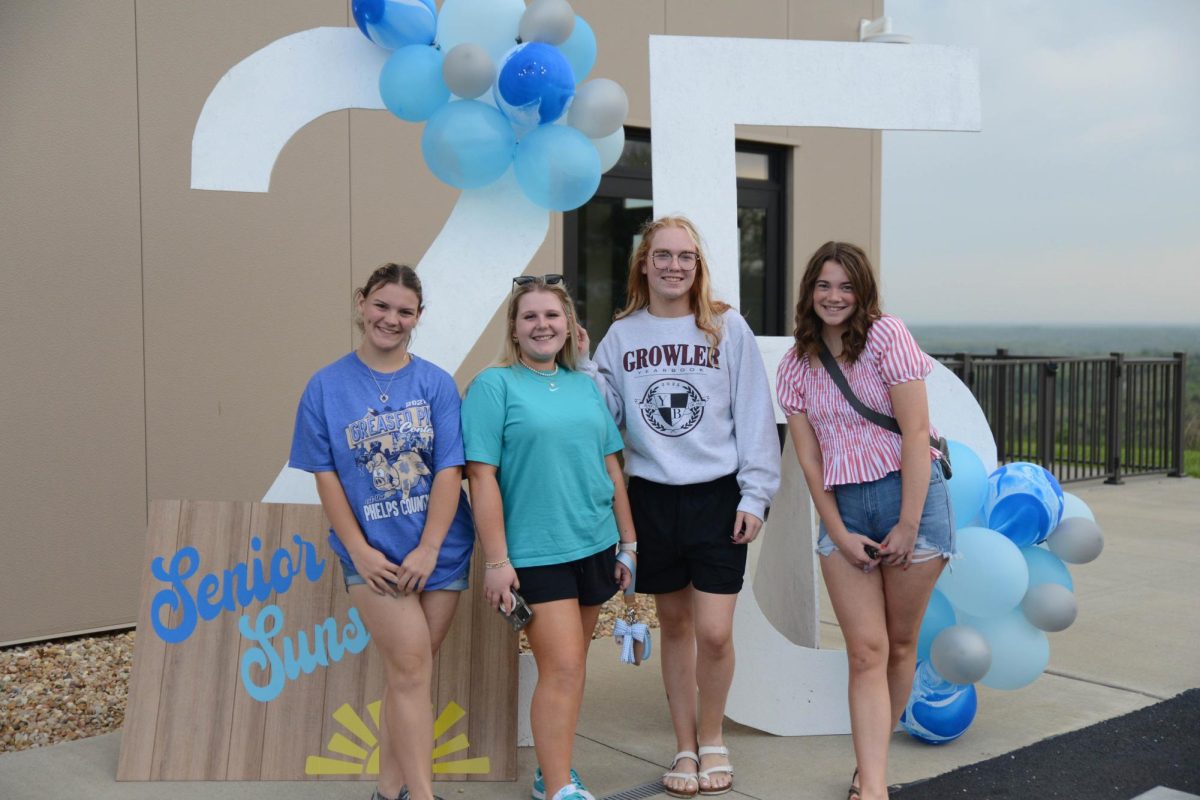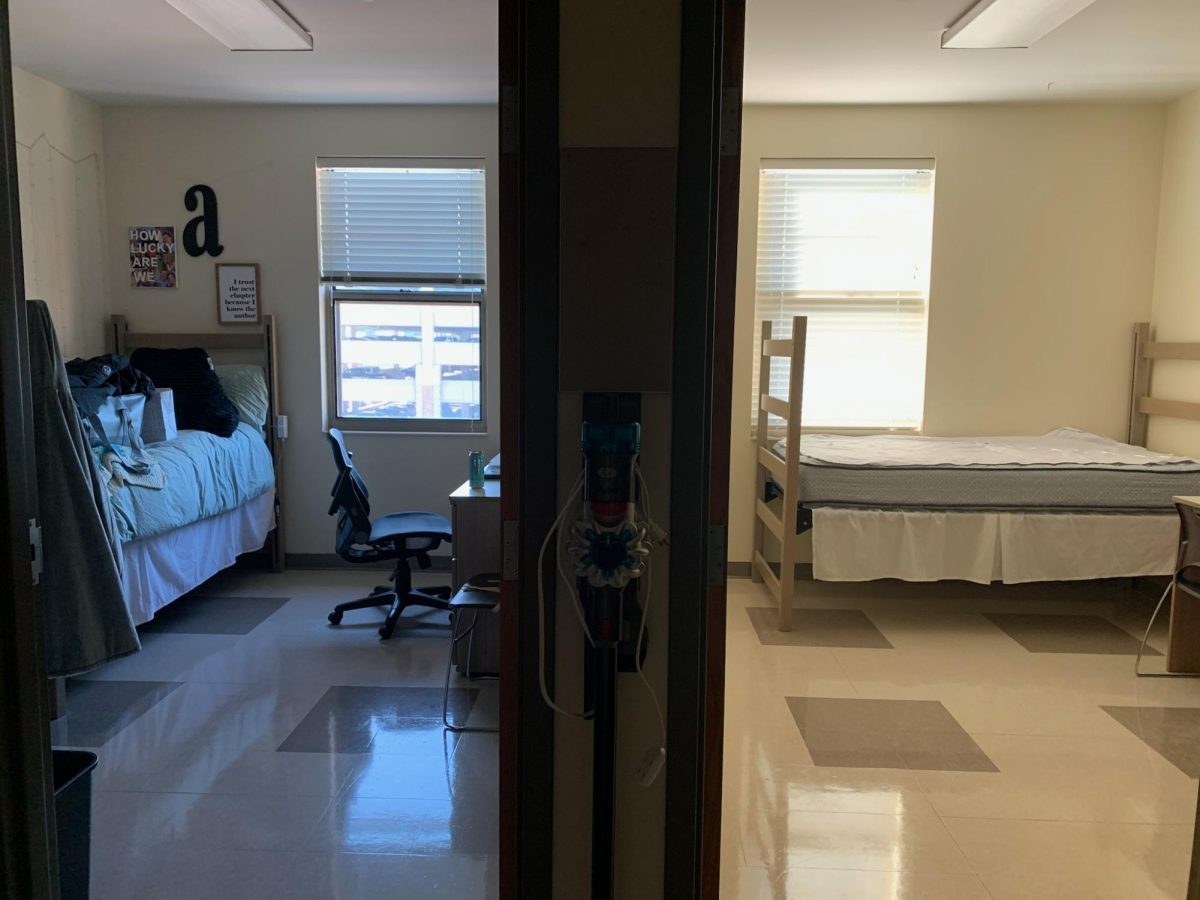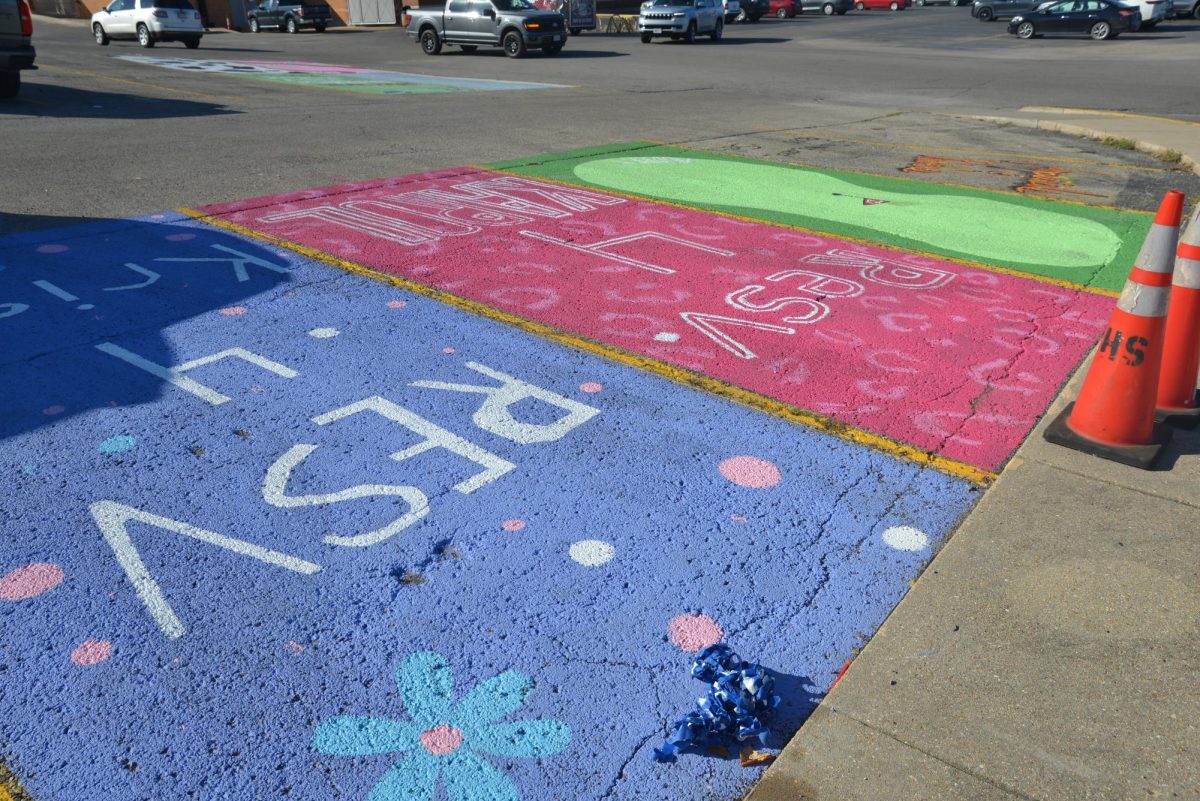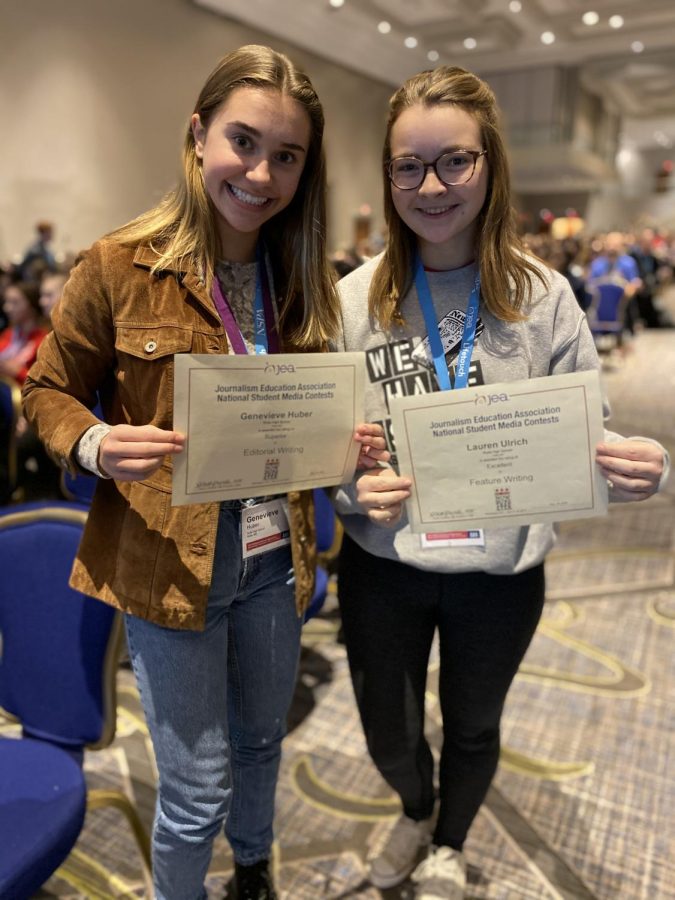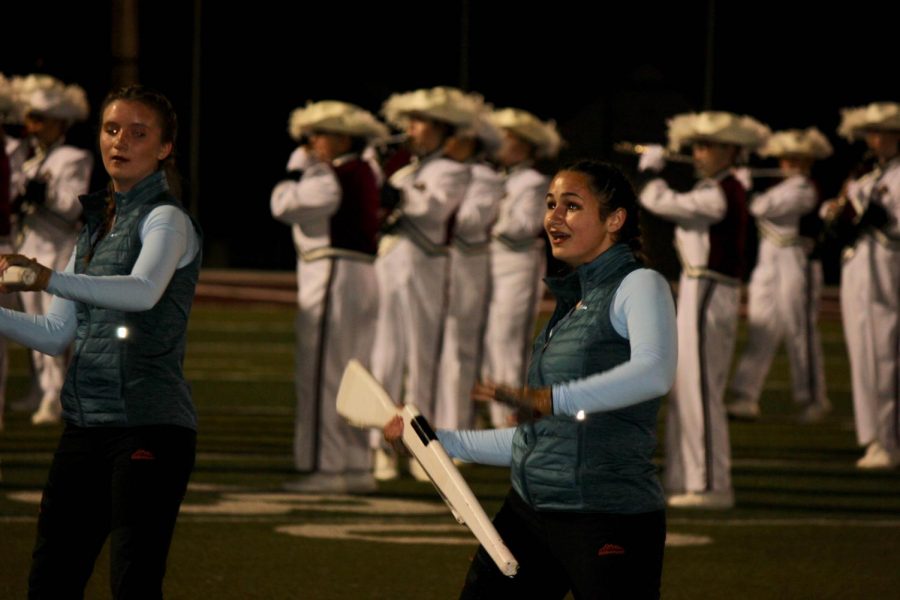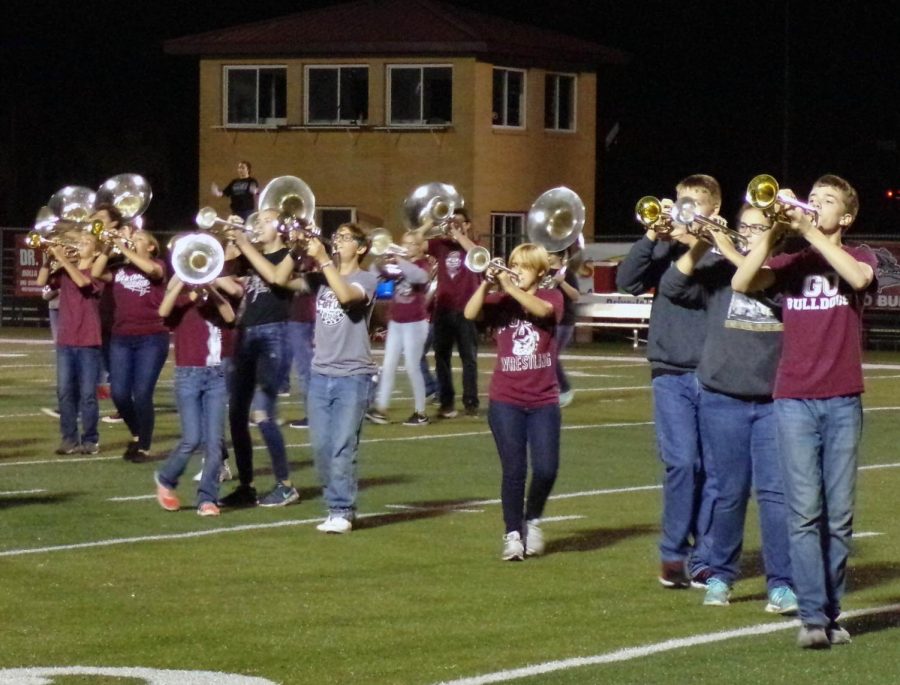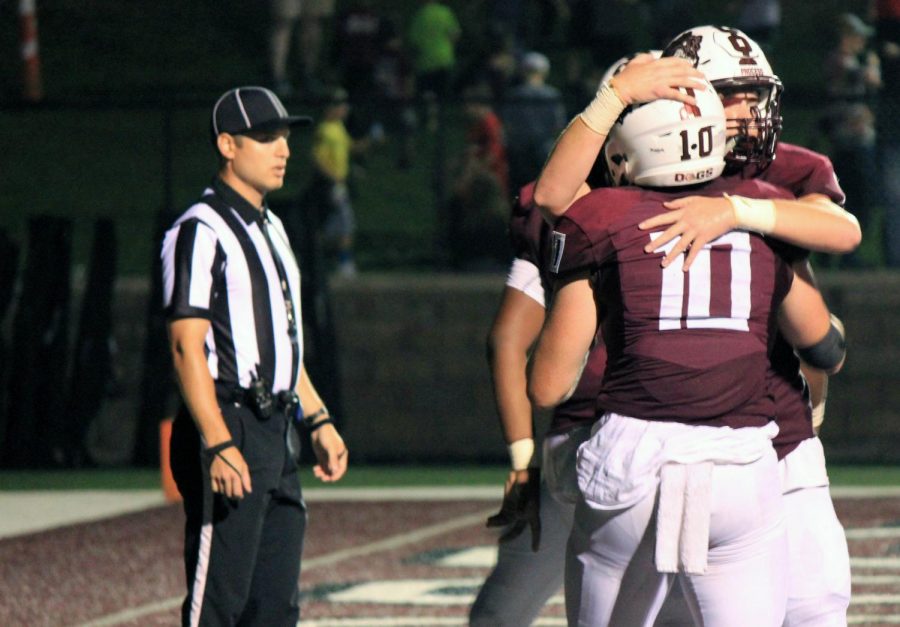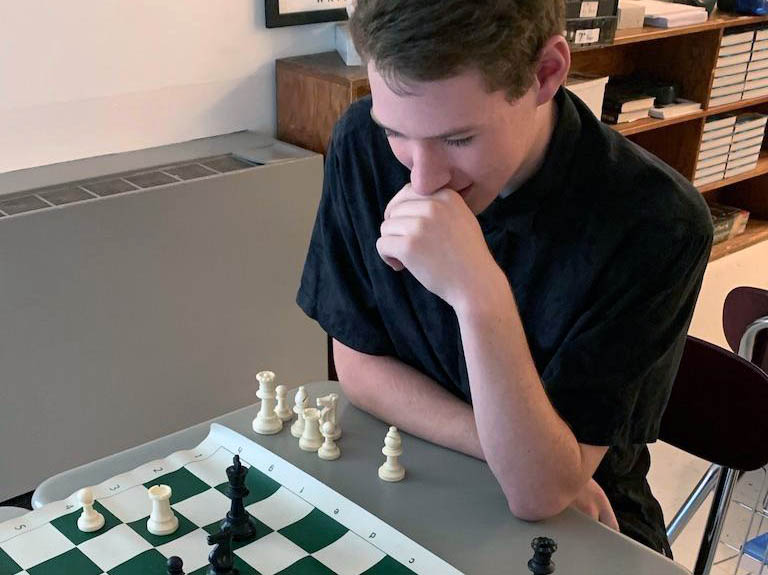Poland
Madison’s mother and her older sister, Elsa, lived in a portion of Poland which the Germans had been given to Germany from Russia and the 12 million Germans were either relocated or escaped the Russians, but the Madison family along with others were captured by the Russians and put in a concentration camp.
“When the Russians came into Gurabaljahovska, my mother fled our home and left my sister and me in the house with the Brojacks. She was assured the Russians would not harm children but was not assured about her own safety. She continued to watch our house from nearby fields where she hid, hoping that there would be a chance for her escape once the soldiers left,” Madison said. Her mother returned two weeks later to the house, only to be captured by the Russians.
“Women and children were herded like cattle to the concentration camps,” Madison said.
After the Russians came, when Madison was one and her sister was 3 ½, her mother was instructed to take only what she could carry. Having to carry Madison and take her sister Elsa along, her mother did not take much else.
“Women and children were herded like cattle to the concentration camps,” said Madison.
Madison and her family were taken to a large warehouse lined with bunk beds. Hundreds of women were already living in the large on room, and there was no privacy.
“Women were assigned hard labor. They were mistreated and beaten for no good reasons. I know that mother always felt grateful whenever her assignment was to milk cows. She could take us and would sneak some raw milk [for us],” Madison said.
Madison never knew her father, since he left to fight in the war before she born, but her mother never gave up on the thought that he was alive. “She prayed for a sign which would indicate whether my father was alive or dead. One night she had a dream” she dreamt she received a postcard from my father. When she awoke, she wrote down exactly what the message was, and the date on which she had dreamt it. She received the card about a year later and realized that she had dreamt it on the day it was written. She felt this was a definite revelation to her that he was alive.”
What the Madison’s hadn’t known the whole time Madison’s father was at war was that he really wasn’t at war. Madison’s father’s beliefs wouldn’t let him fight in the war, so, he allowed himself to be captured by the British and remained with them as a prisoner of war until the end of the war.
After her dream of the post card, Madison’s mother received a letter from her sister in German. It read that Gus Lutz was coming to visit, and “Lutz’ referred to her grandmother, whom had changed Madison’s father’s name to her grandmother’s maiden name. Madison’s aunt used the name “Lutz” as a cover name in result. Madison’s mother was elated, because this meant that her husband was alive and in Germany. This news drove her to attempt an escape.
“That night the three of us left the camp. I remember the net bag in which mother put our humble belongings. She hid another bag containing food in the cemetery. We were going to retrieve it in the event we were caught. On foot, we headed for the border, walking through fields, creeks, forests and hills, dodging military vehicles, and polish and Russian soldiers,” Madison said.
Despite their enormous efforts, her family was caught. When they returned to the camp, they found that their bag of food was gone, her mother was beaten, and they were mistreated.
“Since I was just a baby when we entered the camp, it seemed to me that our stay in that warehouse was a short one. But I discovered we were interned there for four years,” Madison said.
During their fifth year at the camp, life for them at the camp had become a bit easier for the German women in the camps. Women had been given a choice to live in a Gut, which was like a southern plantation, and be employed by the Barons, or to live separate from the Gut and to find work elsewhere in the village. Her mother chose the Gut because it provided security for the family. Madison’s mother was selected as the head chef in the Baron’s kitchen. The kitchen she would be working in served the officials and administration of the Gut. The living conditions in the Gut were much more favorable to the warehouse.
“The Baron was a kind young man who adored children. He had none of his own. He reprimanded mother when he overheard her send us away for fear [that] the Baron would be displeased. From then on he gave us permission to be with her as long as we were tidy and presentable. That pleased all of us,” Madison said.
“My mother once said in response to Hitler’s propaganda [that] she would have followed anyone who promised to feed her babies,” Madison said.
Madison remembers the Baron putting out his arms to show her affection, but Madison refused it. “I would always run the opposite direction to avoid him. I never knew my father so my relationship with men was nonexistent to me. Men represented evil. They caused the war, they beat my mother and mistreated all women physically and sexually. They caused my family to be separated and refused to let us be German, which I resented,” Madison said
Madison and her sister Elsa were inseparable. At age seven, Elsa was of age to attend school. At five, Madison was not. My mom convinced her to never leave my side for fear I would be kidnapped. I cannot remember a time that my sister did not hold my hand. She became my guardian, my friend, and my surrogate mother,” Madison said.
When she wet her underpants, Madison’s seven year old sister would take off her dry ones and exchange them for her sister’s.
“I had never been separated from my sister, so I cried desperately and then became very angry.
When Elsa went to school, Madison had no other choice but to go with her. The classroom they attended had a row of desks which would normally accommodate four children, but now they had five. The teacher asked Madison how old she was and she responded that she was five, but she was very smart. Despite this, the teacher told Madison that she could not stay, and she said that she would not leave. Madison was then bodily removed from the classroom.
Adult responsibility came very early to Madison in life. When she was five years old, after one of her mother’s sisters came to live with the family, her aunt’s baby named Richard, became Madison’s responsibility. She had to feed him, change him and make sure that she had the potbelly stove going to keep the baby warm.
One day, Madison was reading and became so engrossed in the story that she forgot to keep the fire going. Her mother returned home around midday to a cold room. Madison received the first spanking she had ever received, and would never forget it. Her mother had impressed upon her the importance of keeping the room warm, which would save Richard from becoming sick.
With communication between Madison’s aunt and Gus Lutz, and her mother, their desire to leave became greater. Her aunt and father appealed to the Red Cross International and at the age of six, they were allowed to leave Poland for Germany.
Germany
Madison’s excitement for leaving was indescribable. “Oh to leave Poland and the Russians in order to be free! The excitement to live in Germany: ‘my’ country, where I belonged and to see my father and be a family. There would be no more soldiers, no tanks, and no guns,” Madison said.
Unfortunately, the girl’s dreams were for naught. “What we saw en route [to Germany] was destruction everywhere – remnants of war. As we walked the three kilometers [1.8 miles] from the train station in Bad Kosen in East Germany to our village Kukulau where we were to live, I saw the tanks, the Russian soldiers and the guns. Once again we were in Russian territory. Nothing had changed here. Mom stopped outside our village to comb our hair and I looked at her with tears in my eyes and said, ‘Mom, you promised we would not see that anymore’,” Madison said.
When Madison met her father at age six, her image of him was polar opposite to the harsh reality. The picture her mother had showed her was of a handsome healthy man with brown wavy hair, and big smiling eyes. He appeared gaunt before her, with high thin cheekbones that accentuated his bulging eyes.
“I felt desperately disappointed. I felt cheated and shattered and even at the age of six felt that there was no hope in the world for a happy place,” Madison said.
When Madison moved to East Germany, she lived with her aunt and uncle and was finally permitted to attend school. “When I attended school I realized I was not German at all, I was Polish – I could not speak German. Polish refugees were outcasts. It seemed no matter where I was I the wrong person at the wrong time,” Madison said. After Madison had learned German, she wanted greatly to become socialized.
Her uncle whom she lived with, was an East Germany Nationalist and was a well to do sheep rancher who maintained his position in communist Germany. “Only days after our arrival, my uncle stated he would not have Polish spoken in his home,” Madison said who spoke hardly any German.
To get over the language barrier, Madison did not utter a word for three weeks. In this time, she lost all of the Polish language and learned German.
The Russians barred the village so that the people could not get food supplies.
“The only people allowed through the barriers were school children with ‘Ranzen’ (school backpacks.) As a result, many women would dress as schoolgirls and would carry Ranzen in order to sneak supplies into our village. These soldiers abused women. This was something we as a family witnessed on our Sunday walks. Women would allow soldier’s to abuse them. They wanted to keep their families alive. We received food coupons, which was never adequate food supplies for a family of four so there was a great deal of black market activity. It saddened me to see my mother begging for our survival,” Madison said.
The most outstanding thing Madison remembers is that each day in her new school, the day began by the children standing at attention and saying, “There is no God.” Being in a concentration camp meant that they were not allowed to attend church or practice any faith. However, whenever Madison’s mother could, the family attended a small underground group that met. They were not affiliated with or belonged to a church, but her mother’s strong faith in God is what Madison believes sustained her mother all of those years during the war.
The six years of separation between her parents resulted in many problems. Her father had not developed any parenting skills, and was unaccustomed to children whereas Madison’s mother had basically devoted her life to her children’s survival. Her father did not share her mother’s interest in the care of their family.
“She realized that the situation in East Germany was grim and almost immediately began proceedings to escape. The rest of us did not know about that. But Mom was a gutsy and persistent woman,” Madison said.
Her mother made contact with the underground between her trips to Berlin and those made in her behalf by close friends and relatives. Preparation for their escape had begun because of this. Madison’s family was told that they would receive a telegram determining their fate. If the message on the telegram was positive, they could leave. It was negative, they had to stay. Her father received the telegram. “The message was ‘and the people went to Canaan’,” Madison said. The message meant that the family was going to Canada; they were escaping.
Their escape would take place two years after their arrival in East Germany on September first. There would be a short recess from school, which was when they would leave so that the children would not be immediately missed. Madison’s mother told the family about the escape, and her father was extremely reluctant and opposed the idea. By this time, Madison had worked extremely hard at making friends and had made a couple very close ones. She shared the information about the escape with her closet friend, who told her parents.
“They were not acquaintances of my family, so having this kind of information floating about became a very dangerous thing. This resulted in the second ever spanking I remember, bar none. This was to impress upon me the severity of the situation, and the fact that during our travels, even if we were caught and questioned, I knew nothing and I said nothing,” Madison said.
When the night of the escape came, the family walked 3 kilometers from their village of Kukulau through the forest to Bad Kosen train station. They purchased their tickets to Berlin for a “visit”. The train they rode on was packed, and Madison’s parents got separate seats, but the children sat on their suitcase. They had only packed one suitcase because they were supposedly only going to Berlin for the weekend.
“I sat quietly and my heart raced when the Russians and the German soldiers came on board. They looked, they chose some people to question and interrogate. We looked as if this was normal procedure, which had little effect on us – but I could see the tenseness in my parents and my sister’s faces and I decided to continue playing a hand game and managed a giggle. But my heart was pounding and I was scared,” Madison said.
The train came to a halt at Friedrichstrasse Train station in East Berlin, and they got off.
Madison’s father took her sister’s hand, and her mother took hers, and they ran for the Subway. “The doors were open and we got on. The doors closed and everything became dark and I heard a sigh of relief from my mother. Mom knew that when the doors opened we would be safe in West Berlin. I was ever so grateful that my telling my friend did not cause harm. We were safe. But this was only the first hurdle Mother had to cross,” Madison said.
The underground placed the family in a bombed out building which served as a refugee camp in West Berlin. The camp was run by a group of Baptist nuns, and the family called them sisters.
In their two week stay in the refugee camp, Madison ate her first banana and orange there. “I was introduced to chewing gum, and I ate my first banana. What an experience! One of the nuns at the camp wanted this to be so special when she gave me the banana. But upon my first bite I realized the texture was so foreign, I could not eat it. I knew it would seem ungrateful if I left it in the trash. So from our tenth floor shattered window, I merely threw it to the ground and hoped whomever it hit would forgive me,” Madison said.
Madison’s family had to undergo standard tests and receive appropriate shots. Small as they may seem, these medical procedures caused worry in her family. Madison’s father had a history of tuberculosis. His mother had died of it, and this disease was one that eliminated people from immigrating to Canada, which is where they wanted to escape finally. As a result of this knowledge, Madison’s father grew irritable, blaming Madison’s mother in advance if they were rejected and had to return. Madison’s mother’s only response to her husband’s queries was, “We’ll deal with it when the time comes.”
“All this time I resented my father for the problems he was causing for mother and again supporting the claim that men had a limited number of good qualities,” Madison said.
The results came and the family had not been rejected. After a few stops and travel changes, they made it to Bremen where from there they boarded a cattle ship headed for St. Lawrence Seaway, Canada. The nine day voyage was neither luxurious nor calm on the sea.




